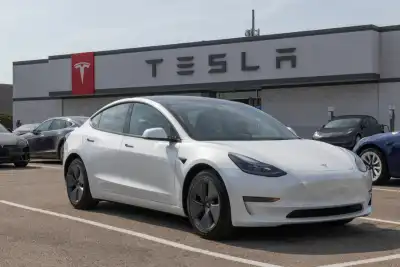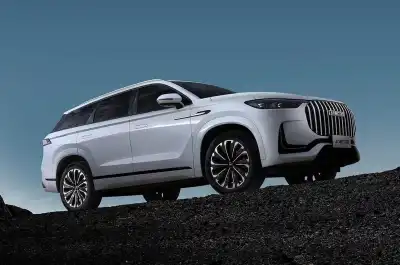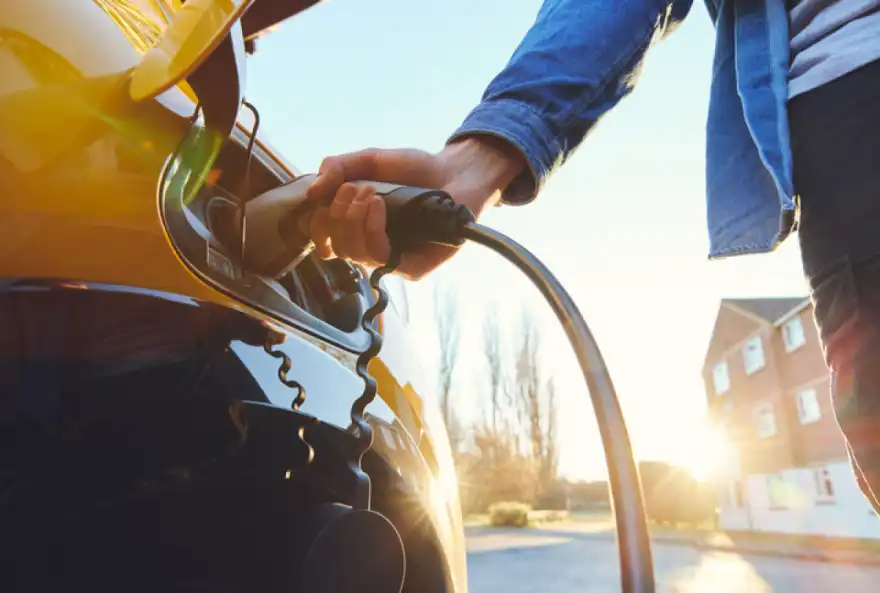
Hundreds of billions of pounds are being invested in designing and evolving new and existing technology and developing and building the infrastructure needed to mass-produce the components of electric cars.
Skoda is among those spending big bucks and has begun manufacturing its own battery systems for companies across the Volkswagen group in a brand new £110 million production facility at its main assembly plant in the Czech Republic.
The investment comes as it continues to progress towards electrifying the whole of its range.
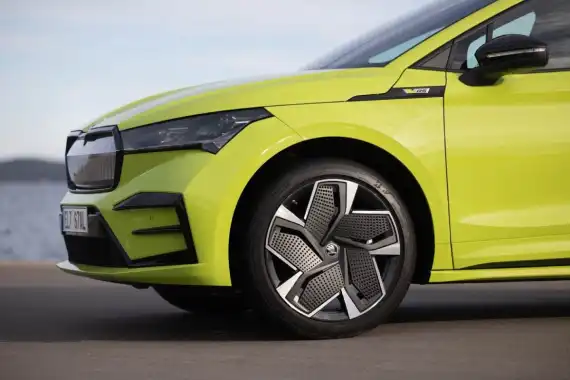
It already offers plug-in hybrid variants of both the estate and saloon versions of its Octavia and Superb. Meanwhile, the Enyaq, launched two years ago, became the first car in Skoda’s history to be built from the ground up as an all-electric battery-operated vehicle. A coupe version of the Enyaq has followed since.
With more electrification on the way, Skoda’s new facility will help streamline the production of its battery-powered range, completing the transformation of a niche side-project into mainstream normality.
The automaker has already announced that, by 2030, it’ll launch three brand new cars that are smaller than the Enyaq – all fresh, clean-sheet designs – and they’ll be all-electric.
Skoda is so serious about ditching the combustion engine that, last year, it said plug-in hybrids weren’t part of its future, even in the medium-term.
Its new battery production line, based at Mladá Boleslav near Prague, will help smooth the manufacturing process of its future electric models.
The battery modules are assembled in an intricate process which involves fitting them with heat-conducting foil. A cooler, allowing coolant liquid to flow through, is also inserted.
Safety precautions are essential, with a strict dress code to guard against the possibility of static electricity.
An aluminium case is then fitted with connectors and sealed by robots, while an external heat shield passes through it to protect it. It is vacuumed of any impurities, and then the assembled battery is put into the case.
The cooling circuit is fitted, low-voltage cabling is installed, and the case is given filler material and support braces.
Then the completed module is added to a control unit before the battery lid is screwed on by a robot and sealed with rubber and special glue.
Once fully assembled, the seals are tested, and if it passes, it is then subjected to electrical tests before being charged to just over one-third of capacity.
Many of the batteries currently end up in the Enyaq, including its power-hungry new performance-focused model, the Coupe iV vRS.
It is a fascinating process – and one that Skoda has followed for some time now. But the new production line greatly increases capacity to accommodate the growing supply of and demand for its electric cars.
Of course, it's not just Skoda investing in the future. The new facility provides batteries for its parent company, the Volkswagen Group, which has Audi, Porsche and SEAT in its ranks - as well as the VW brand.
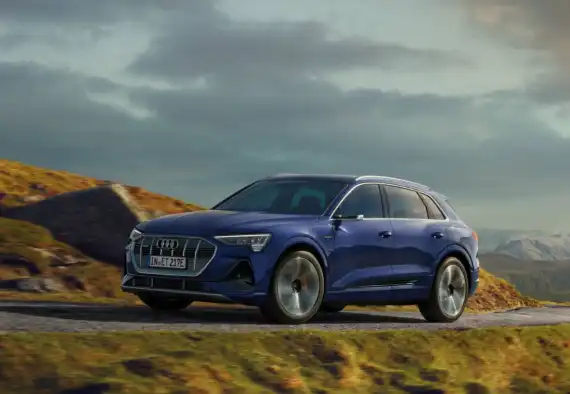
The German conglomerate is investing around £25 billion over the next five years, converting its existing range of combustion-engined vehicles into all-electric or hybrid variants and launching approximately 70 new electric models. As a result, all the cars are likely to be on our roads over the next six years.
It has already started, with Audi launching the e-Tron SUV, the e-Tron GT and the Q4 e-Tron, while Volkswagen has the ID.3 hatchback and ID.4 small SUV.
Elsewhere, Renault has invested almost half-a-billion pounds in its plant in Douai near Lille, France. And it’s setting up a gigafactory there to produce its batteries on-site, streamlining its production line in a similar way to Skoda.
Renault recently predicted that nearly two-thirds of its sales would come from all-electric models by 2025. Within eight years, the company aims to stop selling fossil-fuelled vehicles in Europe.
Meanwhile, earlier this year, as part of the French firm's alliance with Japanese manufacturers Nissan and Mitsubishi, the trio announced a £20 billion investment in electric cars. They said they would each produce around a dozen new models by 2030.
Furthermore, US president Joe Biden has said that half of all vehicles sold in the United States should be electric or hybrids capable of running on all-electric power some of the time by the end of the decade.
The future may not be just about battery-powered vehicles, though. Toyota and Hyundai are investing in fuel cell technology, theorising that hydrogen-powered cars might be the way to go. Together, they’ve invested nearly a billion pounds in setting up two new hydrogen fuel cell plants in South Korea.
Nevertheless, most manufacturers are staking big on electric propulsion. It is estimated that the total global investment in electric vehicles and batteries will be around half a trillion pounds by 2030.
With such eye-watering amounts of money being invested worldwide, it seems the demise of petrol and diesel vehicles is really beginning to motor along.



